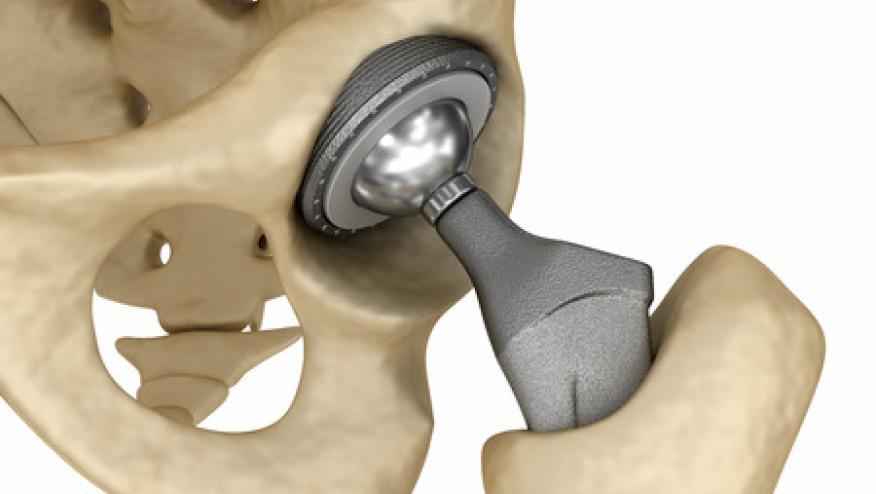Hip Replacement Surgery After Age 90 Save

Potentially modifiable comorbid conditions and complications have a major impact on the risks of total hip arthroplasty (THA) for people in their nineties, reports a study in The Journal of Bone & Joint Surgery.
Patients 90 years old have higher complication and mortality rates following THA, as compared with younger patients. But while age is a significant factor, the risks associated with THA in nonagenarians are largely related to the patient's overall health and fitness for surgery, according to the new research by Dr Vincent J. Leopold, MD, and colleagues of the Charité-University Hospital Berlin.
New data on safety of THA at age 90 or older
With the aging of the population, there is ongoing debate regarding the safety of THA in the oldest age groups. While some studies have found no increase in complications following THA for nonagenarians, others have reported that the risk of complications increases with age.
Dr. Leopold and colleagues analyzed the characteristics and outcomes of 263,967 patients ³60 years old who underwent THA between 2012 and 2021. Of these, 1,859 patients – 0.7% of the total – were in their nineties. The analysis focused on how patient age and health status affected the risks of complications and death associated with THA.
Overall, nonagenarians had higher complication and mortality rates compared with younger age groups. Major complications occurred in 19.9% of patients in their nineties, compared with 10.7% for patients in their eighties, 6.2% in their seventies, and 3.7% in their sixties. Common major complications included acute kidney failure, delirium, and blood clotting abnormalities.
Rate of minor complications also increased with age – up to 62.7% for nonagenarians. Patients in their nineties also had the highest mortality rate: 26.5%, compared to 11.8% for patients in their eighties, 6.0% in their seventies, and 2.8% in their sixties.
Comorbidity has major impact on THA risks
While age itself was an independent risk factor, the increased risks in nonagenarians were strongly associated with the presence of comorbid diseases. For example, the risk of major complications following THA was about 17 times greater for patients with clotting abnormalities, nine times greater for those with paralysis, and nearly eight times greater for those with pulmonary circulation disorders.
For mortality, the strongest risk factors were metastatic cancer, pulmonary circulation disorders, alcohol abuse, paralysis, or congestive heart failure. For major and minor complications as well as mortality, risk increased with each additional year of age, with the greatest increase among nonagenarians.
Complications had a major impact on mortality rate. One year after THA, survival rate was 94.4% for nonagenarians without any major complications versus 79.8% for those with major complications.
Even for patients with complications, mortality rates for nonagenarians undergoing THA were lower than in the general population of people in their nineties. "We believe that this was most likely because elderly patients who become candidates for elective THA are healthier and biologically younger than the reference group of the general population; the resulting selection bias would be expected to lower the mortality of the nonagenarians in the study cohort," the researchers write.
The findings lend new insights into the safety of elective THA for nonagenarians. While complication and mortality rates are higher than in younger age groups, those risks may be minimized by "careful patient selection and adequate preparation." Dr. Leopold and colleagues conclude: "[E]lective THA can be appropriately considered by surgeons and patients when symptoms of hip osteoarthritis are present."
Source: Is Elective Total Hip Arthroplasty Safe in Nonagenarians: An Arthroplasty Registry Analysis
Join The Discussion
Thanks for sharing this article. I still remember my great-grandmother getting a THA in the 1970s. She did great. Her quality of life increased immensely and she was able to travel with the seniors' groups and enjoy her twilight years. Surgical techniques are much better today and we should never forget recommending THA to our healthy nonagenerians.
My grandfather had a THR almost 30 years ago at age 89.It greatly improved his quality of life for his last few years.









If you are a health practitioner, you may Login/Register to comment.
Due to the nature of these comment forums, only health practitioners are allowed to comment at this time.